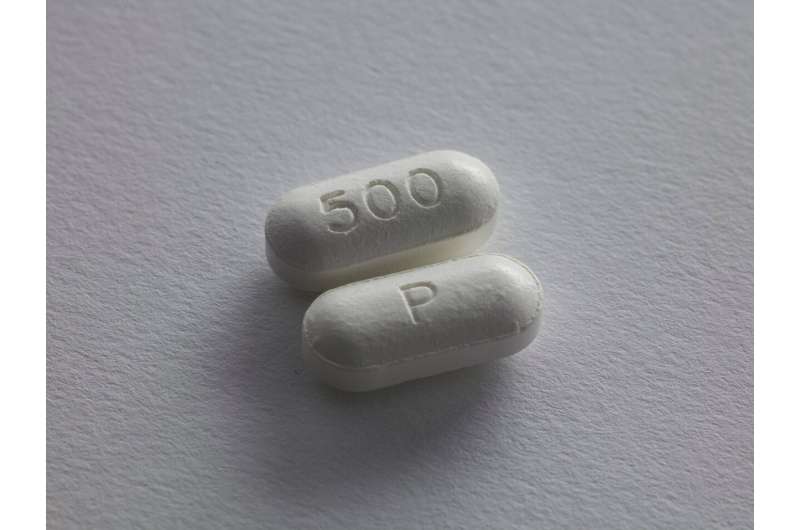Investigational ALS drug pridopidine enters trial

In 2020, the Sean M. Healey & AMG Center at Massachusetts General Hospital launched the first platform trial for amyotrophic lateral sclerosis (ALS), in which multiple treatments are tested and evaluated simultaneously to accelerate the development of therapies for people with ALS. Drug candidates that enter the platform trial are chosen by a group of expert ALS scientists and members of the Healey Center Science Advisory Committee. Investigators have now added a fourth promising drug— pridopidine—to the trial and the first participant received study drug at the MGH site this week.
Pridopidine stimulates the Sigma-1 receptor (S1R), a protein that regulates various cellular processes relevant to neurodegenerative diseases. The drug is developed by Prilenia, a clinical stage pharmaceutical company that is developing treatments for neurodegenerative and neurodevelopmental disorders. Preclinical studies have demonstrated pridopidine’s promise as a treatment for patients with ALS, a degenerative condition without a cure that attacks brain and spinal cord nerve cells.
“S1R is a genetically validated target for ALS, and lab experiments have shown great potential for pridopidine to correct neurodegenerative processes. Further, the drug has shown an excellent safety record in previous clinical trials,” says Merit Cudkowicz, MD, director of the Sean M. Healey & AMG Center for ALS at Mass General, Chief of the Department of Neurology, and Principal Investigator of the HEALEY ALS Platform Trial.
“We are thrilled to add pridopidine to the HEALEY ALS Platform Trial. The platform trial was designed to disrupt the pace of drug development for ALS. The trial infrastructure is perpetual and meant to test more drugs until cures are found for all people with ALS,” says Sabrina Paganoni, MD, Ph.D., a physician scientist and faculty member at the Healey Center. “The innovative and patient-centered design allowed us to experience record levels of enrollment since launch in the summer despite several challenges posed by the COVID-19 pandemic.”
Source: Read Full Article


